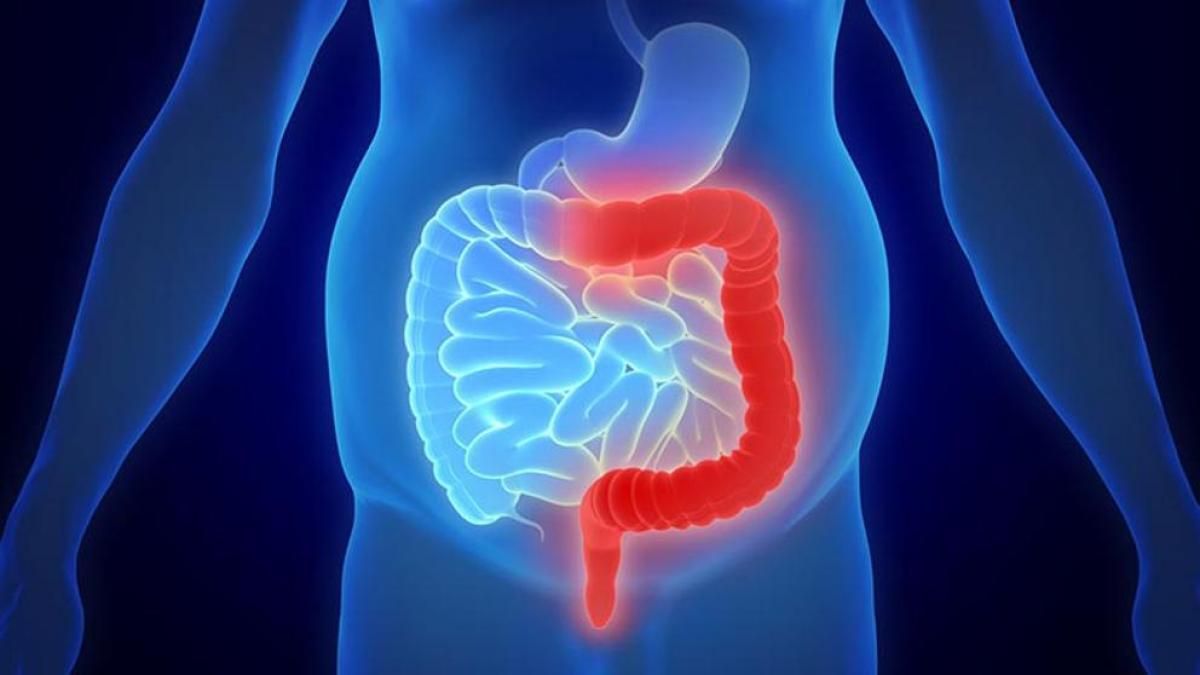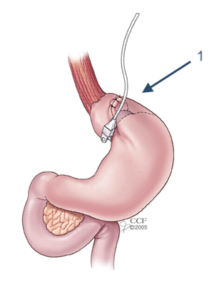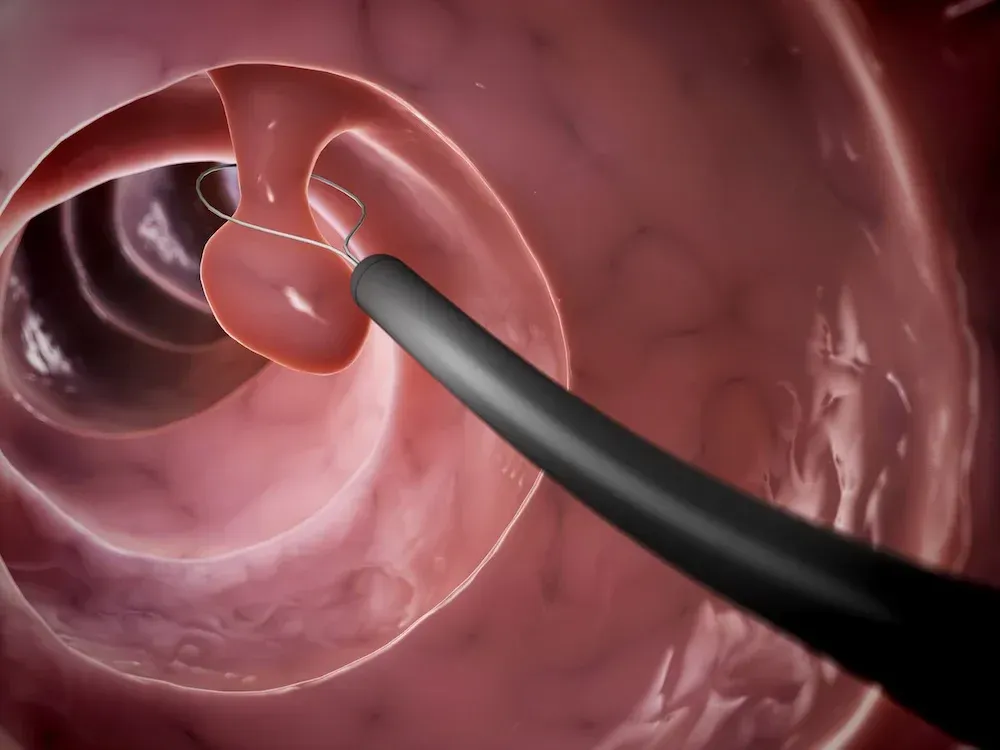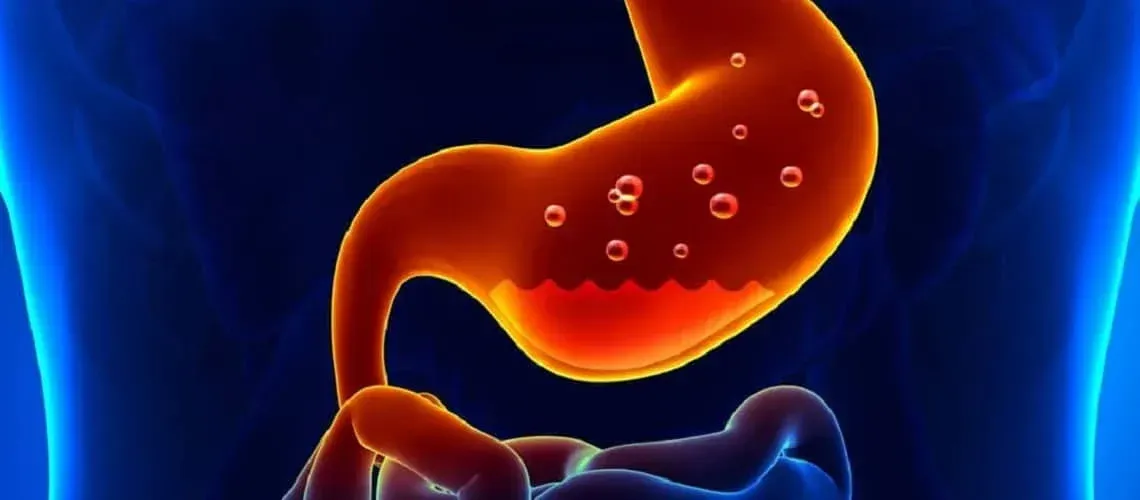Ask the Doctor Series
Dear Dr. Alayo:
I really enjoy reading your blog posts!
I am seeing the word microbiome in the media more and more. Can you tell me what it means and how it affects my health?
Anonymous
This is an excellent question and yes, more and more attention is being paid to the microbiome and the role it plays in our health!
Our bodies host a myriad of tiny organisms or microbial cells. There are more microbial cells in your body than your own cells. In fact, together these cells comprise between 3-5 lbs. of your body weight!
The gut microbiome refers to the variety of tiny organisms living inside the human gut. What is the gut you may ask? The gut refers to the small and large intestine, as well as the colon. Most of microbiota reside inside the colon.
While the gut microbiome has been in the news a lot lately, it is not a recent discovery. We have known for decades that the there are strains of bacteria that live in the gut and that rather than being parasitic, we live in symbiosis with these organisms. We as humans evolved in relation to these bacteria, just as they evolved in relation to us. In other words, it turns out that we need them as much as they need us!
A growing body of research is now revealing how important this relationship is to our overall health and well-being. As we feed ourselves we are also feeding the microbiota. Different strains of microbiota secret different chemicals some which are good for us and some of which are toxic.
As long as the strains of bacteria are in homeostasis, or in balance, all is well. However, when the system is unbalanced (called dysbiosis) it can cause irritation and inflammation. This imbalance can be caused by things such as stress, diet, antibiotics, lack of healthy sleep habits and other factors. Dysbiosis contributes to a host of gut disorders, including inflammatory bowel disease and irritable bowel syndrome.
We are also now learning that the effects can go well beyond digestive issues and can be the cause of disorders that, at first glance, may seem to have nothing to do with the gut. An emerging body of research has demonstrated that dysbiosis is associated with eczema, psoriasis, anxiety, depression, dementia, type 2 diabetes and arthritis. Whew – that’s a lot of diseases!
The good news is that by recognizing these connections we can assess and treat the root causes of these diseases, as opposed to just the symptoms. These are important issues that we address with all of our patients at Gastro SB.
Please stay tuned to future blog posts for more in-depth discussions about ways to help digestive disorders like IBS with complementary therapies.
This article is part of our ask the doctor series. Each month were will publish responses to questions commonly asked by patients who have been diagnosed with or suspect they have digestive disorders. These posts are for informational purposes only and if you are suffering from or suspect you have a digestive disorder, please consult with a physician. You may also make an appointment by contact us at https://gastrosb.com/contact-us/
The post Ask the Doctor Series appeared first on Gastro SB.










